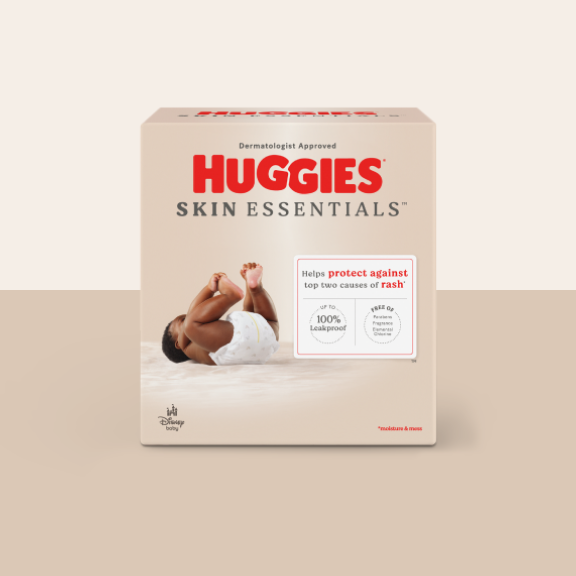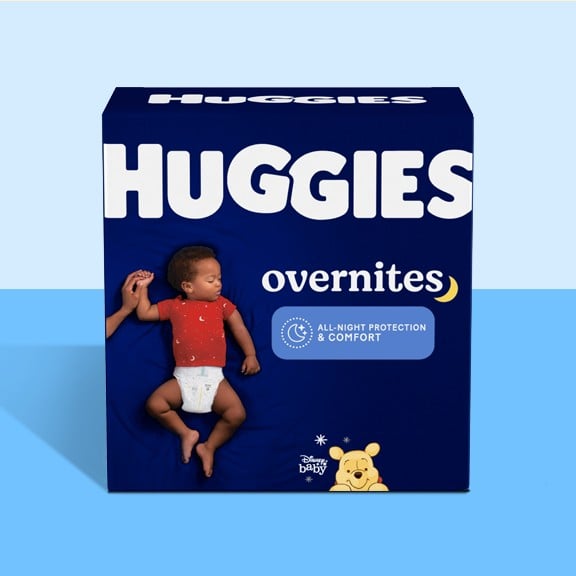Feeding
If you are breastfeeding, you may find your baby wants to cluster feed in the late afternoons and evenings, making you wonder if you have enough milk for them. As long as your baby is growing well, has 6 or more wet diapers a day, and is happy and alert, feel reassured that your milk supply is sufficient for their needs.
If you are bottle feeding, your baby may finish their bottle and be looking for more. Remember to carefully follow the instructions for mixing your formula, as the ratio of formula to water is important for you baby’s health. Throw away whatever milk is left in the bottle when your baby is done eating, and do not try to force him to finish the bottle if he seems content and full. Store any pre-made formula in the main compartment of the refrigerator, not the door.
Sleeping
What is under our control though, is the environments we create, the routines we form, and our response their attempts to go to sleep on their own.
It is important, even in these early stages, to try to place your baby in their crib drowsy but awake so that they can learn how to go to sleep on their own. Babies who are always asleep when they are laid in their bed don’t learn the skills involved in going to sleep on their own nor do they learn self-soothing. They become dependent on their parents’ help to go to sleep and then expect the same cues or assistance each time they progress through the lighter phases of sleep and wakefulness. Continue to practice safe sleep habits.
Behavior and development
Expect to see lots of smiles, coos, eye contact, and mouthing movements from your baby this week, especially when you are up close and talking to them. Your loving, positive stimulation will help your baby develop their social skills. If you have older children, encourage them to talk to the baby and involve them in gentle play. Your baby will love the interaction with their siblings, and through your own caregiving, your older children will learn what’s involved in nurturing and caring for a young baby.
Supervised tummy time each day during your baby’s wakeful periods will help them strengthen their neck and chest muscles. Get down onto the floor with them and position some toys around so they can lift their head and focus on them. Babies of this age don’t have sharp vision yet but are drawn to contrasts. Toys with black and white will be clearer to your baby than other colors.
Watch for your baby to track your face with their eyes. This is an important stage of visual development which will lead to other, more advanced skills in focusing. Consider getting a baby gym which is an ideal toy for this age group. Set up a little play area on the floor away from main traffic areas. Make sure it is in a clearly visible place for you to keep an eye on your baby if you need to step away.
Crying
When parents have experienced consecutive days of their baby being excessively fussy and crying for no apparent reason (sometimes called colic), they can become anxious just thinking about how to best deal with it. See your pediatric healthcare provider to make sure nothing else is going on with the baby and ask for advice on how to best deal with the crying. Ask to be shown different holding positions and ways to soothe your baby.
Routine
Although you may not have much energy, try to go for a walk, even if it is short and just around the block. Housework can tend to overshadow life, which is why it is important to keep it all in perspective.
If you find yourself becoming overwhelmed by the mess in the house, make a decision to focus on just one or two rooms that really matter to you. This may be the bedroom and the kitchen, or the bathroom and the family room. Focus on those rooms and work on establishing a little order. This is a much more realistic and reasonable goal than aiming to have the whole house pristine. Talk with your partner and come up with a plan. Together, try to come up with a strategy that you are both comfortable with.
Things to remember
The information of this article has been reviewed by nursing experts of the Association of Women’s Health, Obstetric, & Neonatal Nurses (AWHONN). The content should not substitute medical advice from your personal healthcare provider. Please consult your healthcare provider for recommendations/diagnosis or treatment. For more advice from AWHONN nurses, visit Healthy Mom&Baby at health4mom.org.










